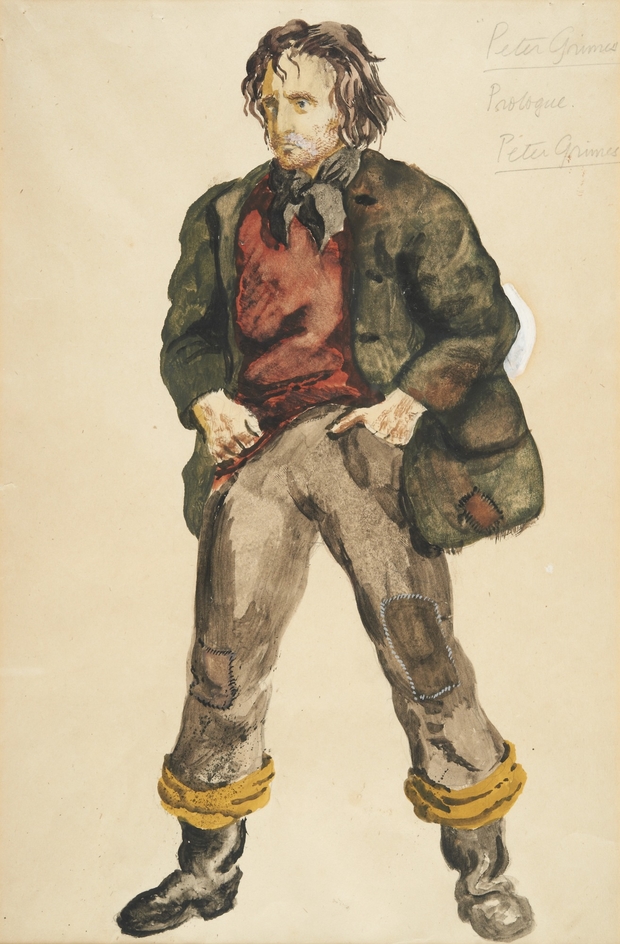The opera today was Madama Butterfly–a favorite with me as with most of the opera loving world. BRILLIANT score by wonderful Giacomo Puccini, filled to the brim with so many completely beautiful tunes. There is not a dull moment in this opera–which is NOT the case with Wagner, for instance, however magnificent his harmonies–and I was wiping away the tears of joy more than once during this spectacular show. That moment when Butterfly comes up the hill, her voice soaring like a bird over the voices of her companions as they sing rapturously of the sky, the view: almost unbearably lovely.

I have written about Butterfly before (here) and I see I also praised that wonderful entrance scene.
Of course things being how they are, I was out doing the weekend shopping when Un Bel Di Vedremo came on–the one aria that even opera haters are familiar with. I had timed my outing to take place during the intermission, but though I darted into the house on my return, I missed the thrilling opening notes. But I heard the rest of it, her astonishing brave confidence in her miserable jerk of a husband. And though she is completely mistaken, her trust and love is so moving. Tears in my eyes!
The conductor was Xian Zhang, a woman who grew up in China in the 1970’s, moving to the US in 1998. She was interviewed during the show, and talked about her childhood. All western instruments had been destroyed in China during the cultural revolution; her father built her a piano, she said. And she talked pleasantly about Puccini and Madama Butterfly.
This world we live in is so amazing.











